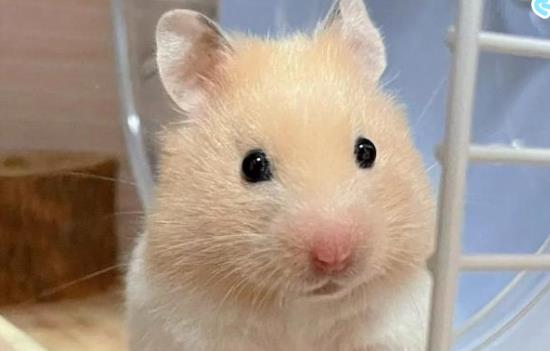When it comes to whether dwarf hamsters (dwarf hamsters) need companions, the issue should be analyzed by combining their species characteristics and behavioral patterns:

I. Social Characteristics of Dwarf Hamsters
Predominantly Solitary with Exceptions
Most dwarf hamsters (such as Campbell's dwarf hamsters) have a strong sense of territory and need to be kept alone to avoid fights. However, a few breeds like the Campbell dwarf hamster can be tried for group keeping under the premise of being same-sex and familiar in infancy.
Risks of Cage Sharing
Even for breeds that can be group-kept, adult individuals may still attack each other due to competition for resources (food, space), requiring close observation.
II. Alternative Social Solutions
Environmental Enrichment
Providing toys such as running wheels and tunnels can meet their exploration needs and reduce stereotypic behaviors caused by loneliness.
Human-Pet Interaction
Gradually building trust through gentle petting and snack rewards is safer and more effective than forced cage sharing.
III. Special Precautions
Window for Cage Sharing of Young Hamsters
If group keeping is needed, it is limited to littermates (before 4 weeks of age), and they must be separated after sexual maturity.
Health Monitoring
During cage sharing, daily checks should be carried out for any signs of biting or stress (such as hair loss, food refusal).
Conclusion
The vast majority of dwarf hamsters do not need companions, and single keeping is more in line with their nature. If group keeping is attempted, it is limited to specific breeds and requires strict adherence to the separation plan.
